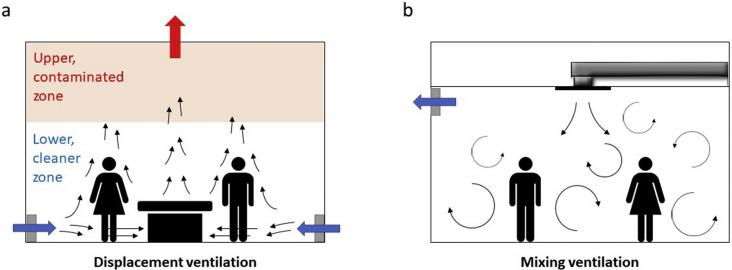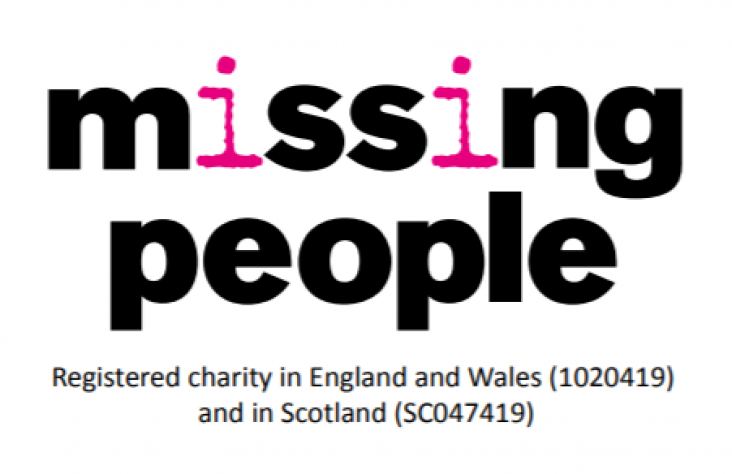
Within a time span of only a few months, the SARS-CoV-2 virus has managed to spread across the world.
Sexual violence is a universal phenomenon without restriction to sex, age, ethnicity or social class that causes devastating effects in the physical and mental health spheres, in the short-term and lo
Introduction: This study investigates staff's perspectives on the characteristics required to work in a sexual assault referral centre and the support and training they believe sexual assault referral

Insects such as the black soldier fly (BSF) are a nutritious feed component for livestock with high protein levels. BSF can be reared on a wide range of organic residual streams.

The SDG Impact of COVID-19 podcast series gathers expert opinion exploring the impact of COVID-19 on the Sustainable Development Goals. In this segment, we get the view of Joan Walley, Chair of the Aldersgate Group and former Labour MP.
The new 2030 sustainable development agenda is likely to dominate policy and academic debates at both national and international levels over next 15 years and beyond.
Recent research and policies recognize the importance of environmental defenders for global sustainability and emphasize their need for protection against violence and repression.

The SDG Impact of COVID-19 podcast series gathers expert opinion exploring the impact of COVID-19 on the Sustainable Development Goals. In this segment, we get the view of Jo Youle, CEO of Missing People.

The SDG Impact of COVID-19 podcast series gathers expert opinion exploring the impact of COVID-19 on the Sustainable Development Goals. In this segment, we get the view of Sandra Kerr, Director of Race Equality at Business in the Community.
